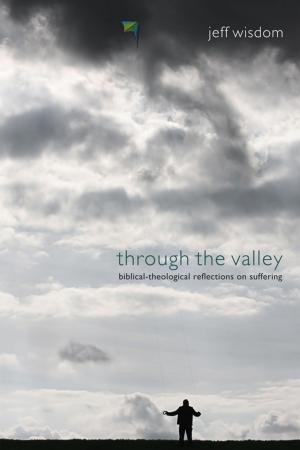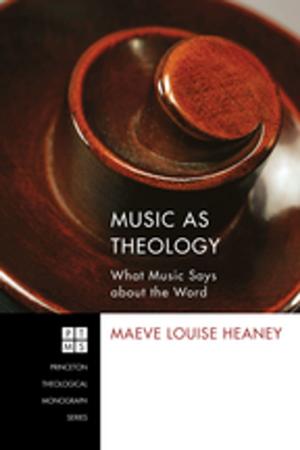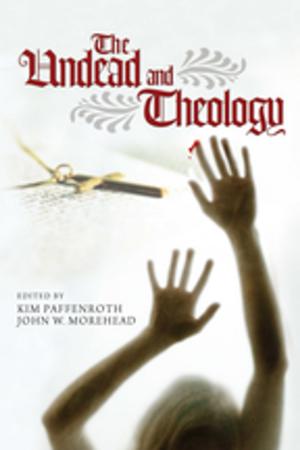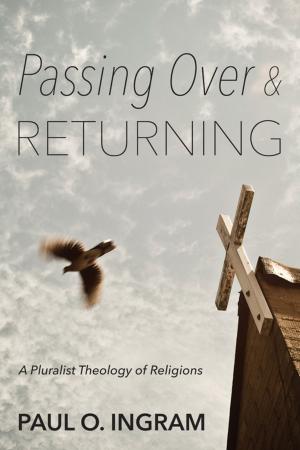| Author: | Paul Louis Metzger | ISBN: | 9781621890553 |
| Publisher: | Wipf and Stock Publishers | Publication: | January 1, 2011 |
| Imprint: | Cascade Books | Language: | English |
| Author: | Paul Louis Metzger |
| ISBN: | 9781621890553 |
| Publisher: | Wipf and Stock Publishers |
| Publication: | January 1, 2011 |
| Imprint: | Cascade Books |
| Language: | English |
This collection of essays provides samplings of a theological engagement of culture that Paul Louis Metzger has been developing over the years in his work as founder and director of The Institute for the Theology of Culture: New Wine, New Wineskins at Multnomah Biblical Seminary of Multnomah University. Metzger espouses an incarnational over against a predominantly worldview-oriented or market-driven theological approach to engaging culture, and situates his work in Trinitarian communal and co-missional thought forms. This volume of biblically and theologically framed and compassion-driven essays addresses such themes as postmodernity, structural evil, cultural genocide, sexuality, HIV/AIDS, the prison system, the global slave trade, and the arts. It will be welcomed by those analyzing and developing theological-cultural paradigms and engaging key issues in the contemporary setting.
This collection of essays provides samplings of a theological engagement of culture that Paul Louis Metzger has been developing over the years in his work as founder and director of The Institute for the Theology of Culture: New Wine, New Wineskins at Multnomah Biblical Seminary of Multnomah University. Metzger espouses an incarnational over against a predominantly worldview-oriented or market-driven theological approach to engaging culture, and situates his work in Trinitarian communal and co-missional thought forms. This volume of biblically and theologically framed and compassion-driven essays addresses such themes as postmodernity, structural evil, cultural genocide, sexuality, HIV/AIDS, the prison system, the global slave trade, and the arts. It will be welcomed by those analyzing and developing theological-cultural paradigms and engaging key issues in the contemporary setting.















